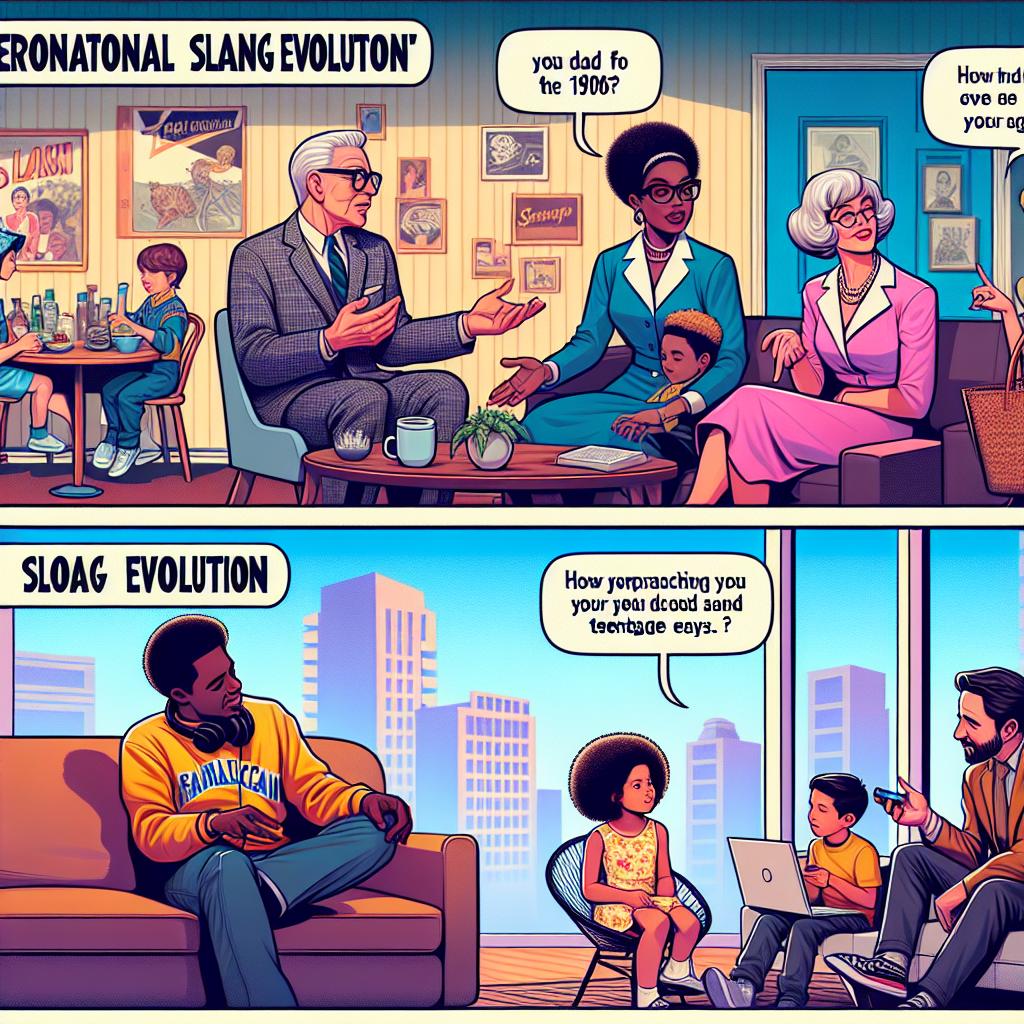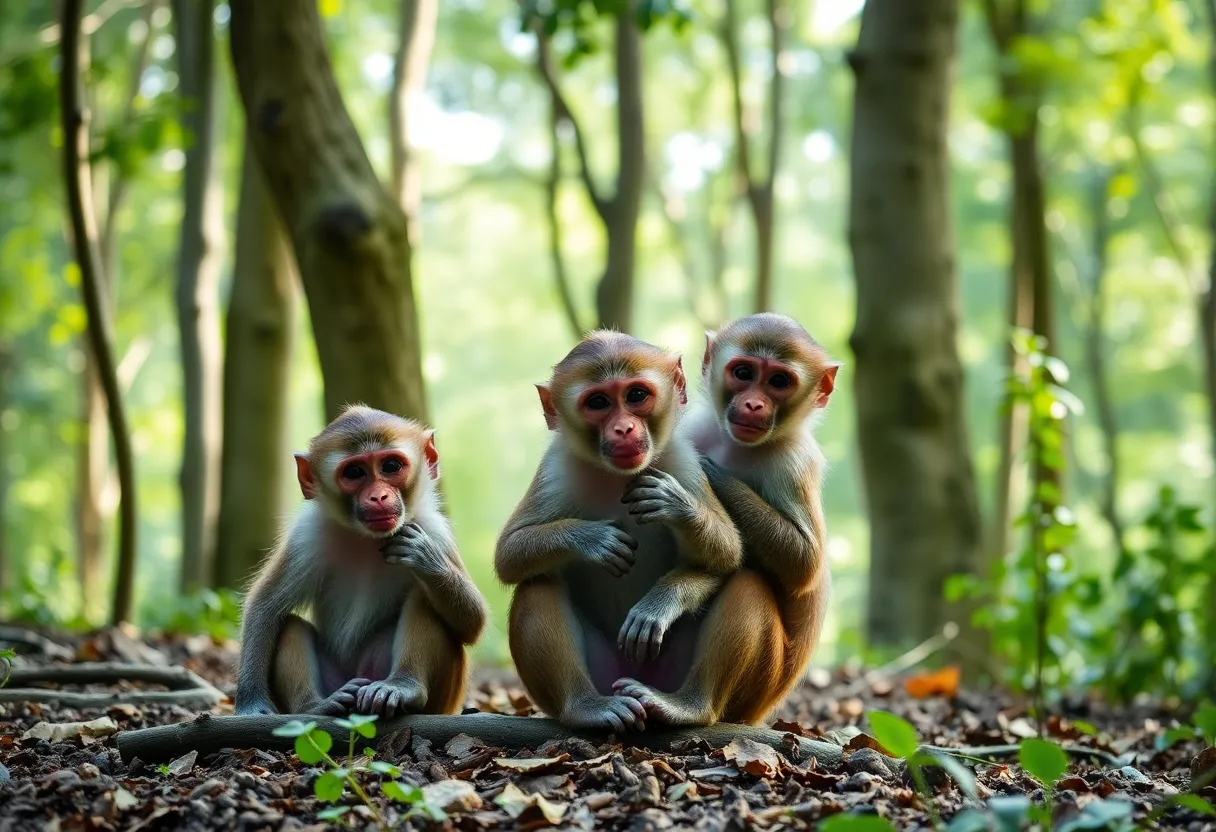Is TikTok Turning Slang into Marketing Buzz? A Closer Look from New York City
In the vibrant streets of New York City, an interesting phenomenon is unfolding on TikTok that brings generations together in a rather unexpected way. Picture it: an older person, perhaps from the boomer generation, exuberantly embracing the lingo of the younger crowd. They gesture with flair, declaring that “Northumberland Zoo hits different,” or declaring something to be “giving literate.”
As amusing as these videos are, they also spark a ripple of concern among Gen Z-ers. With nearly 4,000 such clips circulating, boasting millions of views, one can’t help but wonder: is this the beginning of the end for our cherished slang? As the internet has shown us time and time again, when someone older than 35 starts using your catchphrases, it’s usually a signal that those phrases might soon be on the way out.
The Origin of Slang
While the trend might seem like a fresh take on generational humor, the reality is many of these phrases aren’t even fresh! Terms like “it’s giving,” “slay,” and “rizz” have roots that stretch back decades, filtering through communities and cultures well before reaching the ears of the more mainstream crowd. The heart of much of this slang can be traced back to Black and Latinx ball culture, with shows like RuPaul’s Drag Race giving them a broader platform to shine.
And then there’s “rizz”—this word, declared the Oxford English Dictionary’s Word of the Year for 2023, has been extensively used, initially popularized through the world of Twitch. But seeing it in the context of a Royal Armouries collection feels like an utter mismatch.
Generational Dynamics
Issues of identity and language have been at the forefront of intergenerational conversations for quite a while. When “OK boomer” took off in 2019, it was much more than just a meme. It illustrated the growing tensions between Gen Z and the older generations, with younger folks asserting their voice against being looked down upon. Millennials, who often felt burnt out, watched as Gen Z took a more assertive approach to fighting stereotypes.
Interestingly, the tables seem to have turned as Gen Z began to poke fun at Gen X. This age group, often dubbed the latchkey kids, had their own unique experiences growing up. So, when they receive critiques from the younger crowd, they don’t take to it lightly—often responding in their own creative ways. It’s a living cycle of language where each generation finds themselves navigating a gray area of humor and critique.
The New Slang Uprising
Fast forward to today, and it’s evident that TikTok is a melting pot for all ages. While older generations have made their way onto the platform, the allure of Gen Z’s slang has sparked something new. It’s almost comical that while older folks aim to demonstrate their “hipness,” they are, in essence, playing into the youthful flavor of slang for marketing purposes. Some call it an ironic twist on generational dynamics.
This trend isn’t the first of its kind on TikTok either! Just a couple of months ago, we witnessed clips featuring older individuals asking younger staff to help edit videos, leading to compilations filled with awkward stumbles and cringeworthy pauses, delighting audiences in an entirely different light.
Language in the Digital Age
What we’re witnessing in the wild world of TikTok is a linguistic melting pot wherein both misunderstandings and innovations arise daily. As the older generations jump on the bandwagon, hoping to connect with the younger crowd, it’s unclear who exactly is on the receiving end of the jokes. This rather chaotic interplay of language showcases the ever-evolving nature of communication—each click and view shaping the narrative we’re all part of.
So, what’s next? As the whimsy of TikTok continues to evolve, we might just find ourselves in a world where even the youngest members of Generation Alpha will be crafting the next wave of slang, eagerly waiting for the older folks to come along and give it their own spin. Until then, we find ourselves navigating this sparkly, occasionally baffling, and ever-engaging world of language online.








